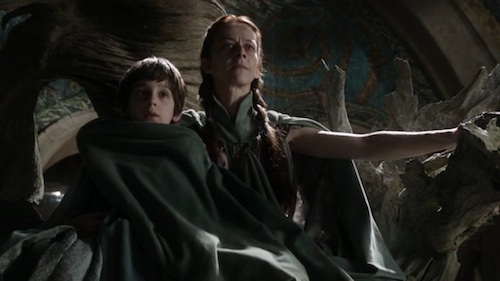I don’t actually get this question very often. Most of our customers are here for the cute animals, or they are here because they believe local is better. But not everyone who follows our blog stops by in person regularly and there is a lot of misinformation put out in the national press about raising cows.
Examples of this type of information are items like this article on why milk is cruel, and this article on why sustainable isn’t sustainable in the NY Times. To answer the NY Times article (and the headline of my post), I’m going to let the Godfather of sustainable agriculture, Joel Salatin, answer it. See Joel’s response here. It’s definitely worth the read. No really, click the link. It is way better than what I’m writing.
Are you back? Did you read the part about nutrient cycling? How cool is that? Of course animals are part of the natural system. To believe otherwise is foolish.
For anything you read about animal husbandry, animal farming, etc, understand that the author has an agenda. As a farmer, my agenda is I’m going to demonstrate to you that we are in fact treating our animals well. Probably better than you think. Do we treat them as pets? No. Do we treat them better than factory farms? Yes. is our product better than what you can buy at the store? Yes. Should you stop reading and make an appointment to get some quality meat? Yes.
So for the author of the milk is cruel article, what is her agenda?
Obviously this is a PETA type article so the author is looking for extreme examples to justify why we should never use animals for anything other than pets. Has the author worked on a dairy farm? Actually spent time with cattle besides a petting zoo? How about a humane farm? How about a homestead? From the author’s own byline.
Rachel is a recent graduate of the University of Maine. She is the blogger behind The Vegan Mishmash, has interned with Mercy for Animals, and is excited to continue working as an animal activist.
So she’s an animal rights activist and vegan. It doesn’t make her facts wrong, but it does make me question the motives behind her presentation, as it should you. If I want to mislead you, the best thing I can do is present you with a lot of information that is true, while leaving out a few key facts that change the slant of the story.
So are milk cows killed when they no longer milk? Yes. There is no milk cow preserve in Montana where milk cows go to retire. That’s the case for any food animal. There is no chicken preserve, or hog garden. And spoiler alert, Sparky didn’t go to live on grandpa’s farm when you were little either. He was put down because he was old. Death is a part of life. Pretending it isn’t is just that, pretending. That’s why we spend so much time educating our customers on what happens on a farm. You should know where your food comes from. Not because it will make you a vegan, but because it will make you a much better consumer.
On the flip side of Rachel’s article, our milker Erin recently toured a milking farm and the tour guide said that it was traumatic to the milk cow to leave the baby with mom after birth and that’s why they separate them so early. Huh?
Neither this lady’s article, nor that statement by this milk farmer make sense to me. We leave the baby with the mom allowing a natural relationship till the calf is 6-8 months old, which is PLENTY old enough to wean. We’re talking a “calf” that weighs 400-600 pounds at this point.

That’s the equivalent of nursing your child till he’s about 4-5 years old.
We only milk once per day and let Jr. have the rest so a natural relationship is maintained but we still get some of the milk.
On the Birth section. Moving to a feedlot at six months of age is absolutely true, if you are talking about a factory farmed cow. If you are talking about a grass-fed cow, grass finished cow, then not so much. Sunshine and green grass is all that cow will ever know. Note how the article is written as if there is no other option than factory farming. How naturally and sustainably raising cattle on grass doesn’t even exist.
I could go on and on debunking this article. Instead, come out to our farm and see how our animals are raised. See for yourself what local, sustainable farming looks like.